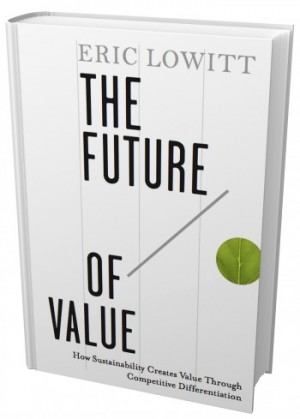Just in Time Learning vs. Just in Case Learning
/Entrepreneurs and especially wantrapreneurs are addicted to learning. When classes and books are consumed because the knowledge will be valuable "someday," it's just-in-case learning.
Courses taken that we execute on and produce right away are just-in-time learning. We learn and do simultaneously.
The problem is just-in-case learning can become counter-productive.
There is nothing wrong with learning purely for the love of learning. It's a great gift.
However, if the idea is to start and grow something, every minute spent reading and taking in new information, if not used immediately, is a waste of the most precious resource, time. When starting out time needs to be spent producing.
Producing can be creating leads, setting up systems, creating content or otherwise doing work that gets us closer to revenue generating activities.
If you're about to start a new training ask yourself if this is something you can implement right away. If it's not, but you still want to do it because you'll enjoy the experience, then, by all means, do the training.
But know that when you're doing just-in-case learning, put it in the fun and entertainment bucket because listening to videos is leisure.
Doing exercises and sharing the results (just-in-time training) is work. And it's work that propels starting something great.


 In today's podcast we hear a great story from Eric Lowitt about how he is following his dreams and helping move sustainability forward in the business sector. I can't wait to get my hands on his new book "The Future of Value" when it comes out in late September.
Eric has a passion for sustainability that is unstoppable. He also has that rare set of business experience and real world school of hard knocks that makes his story great. We'll hear what seperates his book from the others and what his clients are doing to become more sustainable.
In today's podcast we hear a great story from Eric Lowitt about how he is following his dreams and helping move sustainability forward in the business sector. I can't wait to get my hands on his new book "The Future of Value" when it comes out in late September.
Eric has a passion for sustainability that is unstoppable. He also has that rare set of business experience and real world school of hard knocks that makes his story great. We'll hear what seperates his book from the others and what his clients are doing to become more sustainable.
